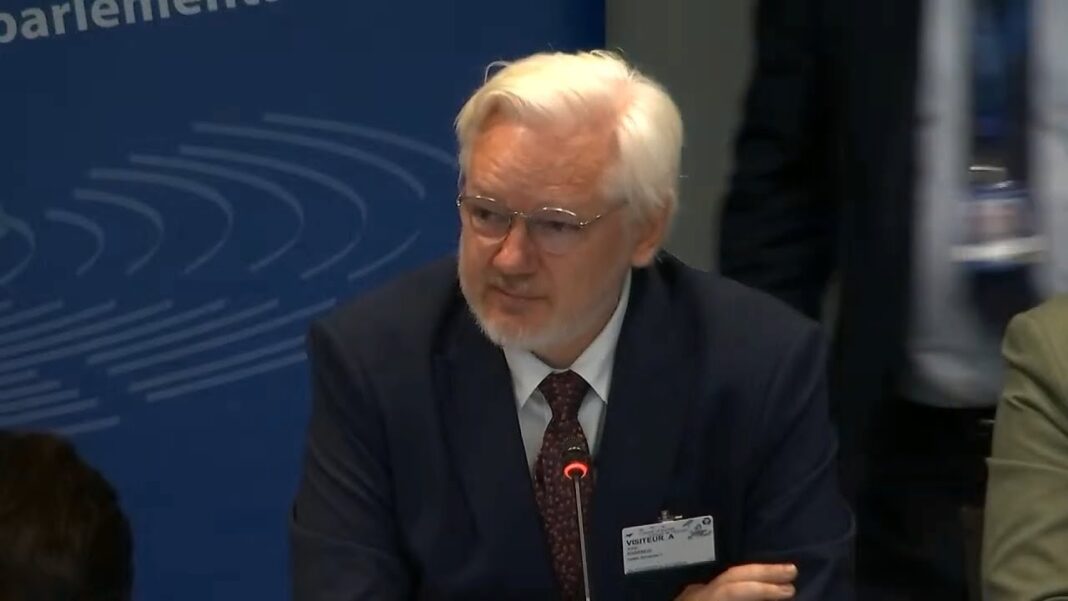In today’s world of partisan politics, it is certainly an anomaly when any legislation passes by a 91 to 3 margin. You would think this would be a newsworthy event, but few news’ outlets gave it any serious time or ink. This large margin was the result of two recent bills that passed in the Senate: The Kids Online Safety Act (KOSA) and the Children and Teens’ Online Privacy Protection Act (COPPA 2.0).
Too often, Congress is playing catchup with the ever-devolving American cultural landscape. Internet legislation is, for the most part, a generation old and in regard to children it is even older. It has been over two decades since anything was passed in an attempt to protect our nation’s youth.
The argument could be made that it is the parents who must lead by example. Try getting your brood to surrender their devices for an hour or even during a family meal, an event so simple yet it slowly fades into oblivion. Presumably the parents are just as guilty, as they are unwilling to put down their own handheld worlds.
Most of the laws on the books regarding the internet deal with email. However, with the ongoing expansion of technology that the internet superhighway has wrought, boundaries are most essential.
Once upon a time in America, there were three major TV networks, the New York Times and the Washington Post that served as the gatekeepers and controlled the flow of news and information we saw, read and heard. With the advent of the internet, the growth of talk radio, podcasts, social media and the explosion of cable and now satellite TV, access to all things media from athletics to pornography resembles America’s southern border.
The internet is the 21st century’s version of the Town Cryer. Its powerful algorithms are quite effective at keeping many anchored online and in particular the young as many studies have shown.
The aftereffects reveal a plethora of maladies including shortened attention spans, sleep problems, body image issues, depression, bullying, gambling, and addiction.
Dawn Hawkins, CEO of the National Center on Sexual Exploitation, pulled no punches saying recently, “The parental controls do not work. They have designed these platforms without parents in mind.”
If you think any help will come from the kingpins of the tech world, think again. Why should they? After all, less clicks means less money. Presently, no websites are legally accountable for what happens to children when on their sites. In essence, parents who must protect their children remain no match for these tech leviathans.
Americans, especially the youth, have little incentive to disconnect from their social media handheld world. Unplugging from the social media industrial complex comes at a great social cost for some, especially those who know nothing else. Having grown up in the digital world, many of today’s youngsters have their own phones before they reach puberty.
The original COPPA legislation, passed in 1998, prohibited the collection of personal information of kids under age 13. COPPA 2.0 raised the age to any minor 17 and under. Additionally, COPPA 2.0 would prohibit targeted advertising, while granting parents and children the right to erase online personal information.
KOSA would further enhance online protections by requiring social media platforms to implement measures to mitigate bullying, violent video games, messaging platforms and video streaming services, while giving them options to permanently delete their personal data, disabling limiting auto play videos and blocking the distribution of unlawful materials and personalized algorithm recommendations. Moreover, it would establish parental controls such as the ability to review privacy and account settings, restrict purchases, and limit the time spent on social media platforms.
Both bills rest in the House of Representatives where their future remains uncertain since they took off on September 26th for a six-week recess. However, the House does return on November 12th.
Many complain about Congress that has an approval rating of 20%.It is you who possess the power to jumpstart some much-needed change. You can be heard by contacting your representative and tell them to expedite passage of these two bills. Granted, legislation will never replace good parenting, but it can certainly assist and this legislation is a start.





